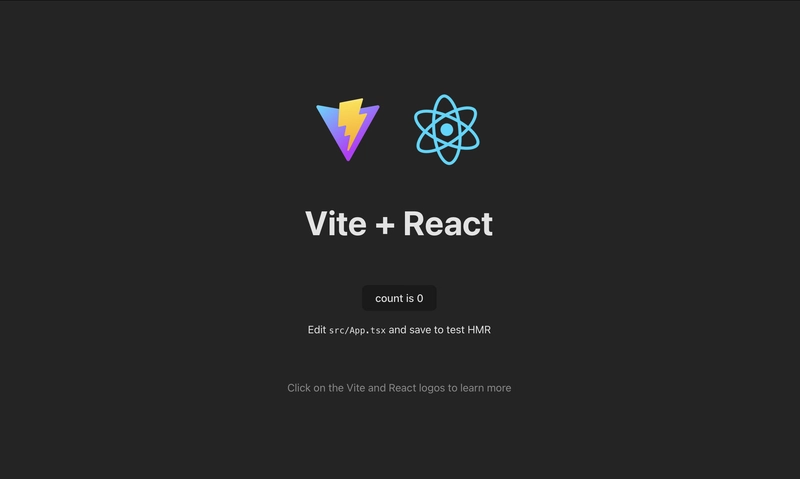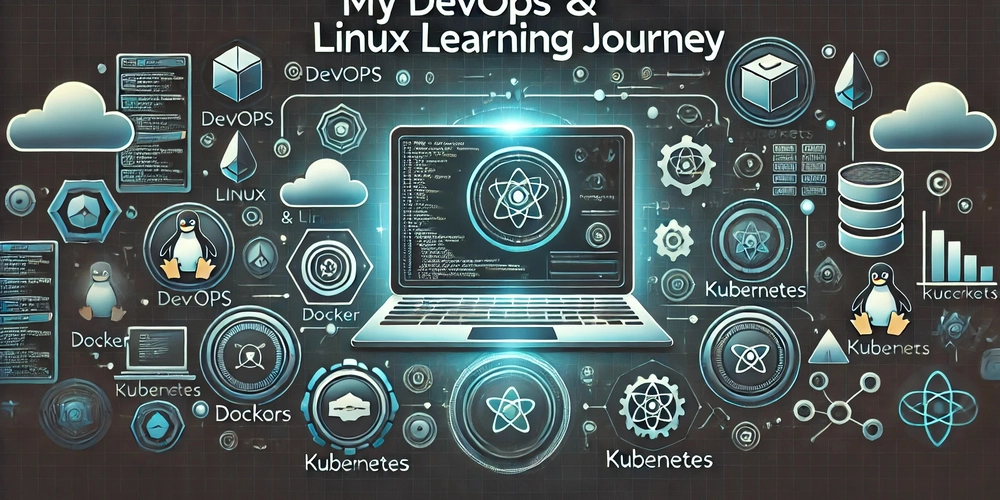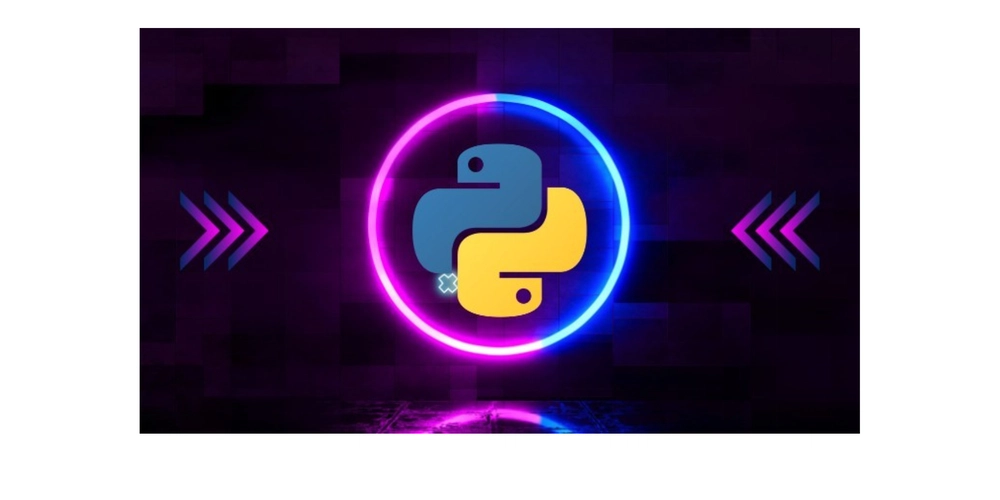The Great Tech Reset: Why 2025 Is the Hardest—and Best—Time to Be a Developer
TL;DR 2025 is the toughest year tech has faced in decades. Layoffs are still rolling, AI is automating away routine coding, and economic chaos isn’t helping. But this isn’t the end — it’s a brutal reset. The winners? Those who adapt fast, master AI, deepen their craft, and build real solutions. This guide breaks down the harsh realities, the new opportunities, and exactly how to survive—and thrive—in the tech crucible of 2025. Welcome to the New Reality Forget the hype cycles and startup fairy tales — this is a war zone. Layoffs are everywhere, AI is rewriting the rules faster than you can learn them, and the global economy feels like it’s on life support. If you’re a fresher, it’s like trying to break into a fortress. If you’re experienced, it’s a daily fight to stay relevant. The old playbook is dead. But here’s the good news: a new one is emerging. It’s tougher, yes — but it’s also full of fresh opportunities for those willing to adapt, learn, and hustle harder than ever. This isn’t a eulogy for tech careers. It’s a battle plan. Let’s get to work. The Perfect Storm: Why It’s So Damn Hard Right Now Layoffs & Market Saturation Fact: Over 30,000 global tech layoffs just in Q1 2025 (Crunchbase). Example: Salesforce paused new software engineer hiring, citing AI productivity gains. Result: A flood of experienced talent competing for fewer roles, making it brutal for freshers and veterans alike. AI: The Double-Edged Sword Code Generation: Copilot, GPT-4.5, Claude 3, and Gemini Ultra can now generate entire modules, not just snippets. Example: A fintech startup recently replaced 40% of their junior devs with an AI-augmented senior team, cutting delivery times by half. Hot Take: AI is compressing the value chain. Routine coding is commoditized. The premium shifts to architecture, integration, and domain expertise. Emerging Roles: Prompt Engineers & AI Integrators AI Ops / MLOps Engineers Synthetic Data Specialists AI Product Managers AI Governance & Ethics Leads Economic & Geopolitical Turbulence High interest rates → expensive capital → fewer startups funded. Wars & political instability → supply chain shocks, market uncertainty. VCs are cautious, focusing on AI and proven revenue models, not moonshots. The Skills Gap Paradox Layoffs + Skills Shortage? Yes. Why? Demand is shifting to bleeding-edge AI, cybersecurity, cloud architecture, and data engineering. Example: A major bank laid off 200 generalist devs but is desperate for AI security experts. The Human Cost: Burnout, Anxiety, and Imposter Syndrome This environment is brutal on mental health: Constant fear of layoffs Imposter syndrome amplified by AI’s rapid progress Burnout from relentless upskilling pressure Normalize this: You’re not alone. Seek support—peer groups, therapy, mentorship. Protect your mental bandwidth; it’s your most valuable asset. For Freshers: Breaking In When the Door Feels Shut Your Challenges Competing with laid-off seniors for junior roles AI automating entry-level coding Companies demanding “2+ years experience” for “entry-level” jobs Your Playbook Deep, Real Projects: Build substantial apps solving real problems. Example: A niche AI-powered tool for your local community or hobby group, fully documented, tested, and deployed (Vercel, Fly.io). Master Fundamentals: Data structures, algorithms, SQL, API design, testing. AI can write code, but you need to understand and fix it. Get AI-Literate: Use ChatGPT, Claude, Copilot daily. Learn prompt engineering basics. Explore LangChain, vector DBs (Pinecone, Weaviate). Resources: OpenAI Cookbook DeepLearning.AI short courses LangChain docs Network Authentically: Contribute to open source (find projects on Good First Issue) Engage in Discords, Twitter, niche forums Attend local meetups or hackathons Show Your Learning: Blog your journey (Hashnode, dev.to). Share failures and wins. It builds credibility. Alternative Paths Freelancing: Platforms like Upwork, Toptal, or niche AI consulting gigs. Indie Hacking: Build micro-SaaS or AI tools. Monetize via Gumroad, Stripe, or Substack. Contribute to Open Source: Build reputation, get referrals, sometimes even paid gigs. For Experienced Engineers: Staying Relevant in a Shifting Landscape Your Challenges Avoiding skill stagnation Competing with AI-augmented juniors Burnout from constant change Your Playbook Become an AI Power User: Integrate LLMs into your workflows. Build internal tools using OpenAI, Anthropic, or open-source models. Experiment with RAG pipelines and vector search. Deepen Specialization: Cloud architecture (AWS, GCP, Azure) Advanced Postgres tuning Security (Zero Trust, AI security) Performance optimization Elevate to System Design & Architecture: Master distri
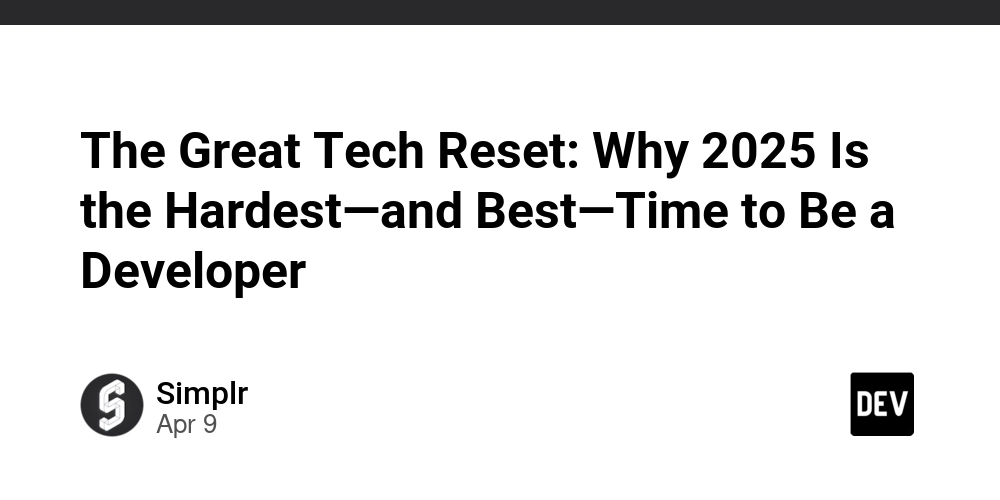
TL;DR
2025 is the toughest year tech has faced in decades. Layoffs are still rolling, AI is automating away routine coding, and economic chaos isn’t helping. But this isn’t the end — it’s a brutal reset. The winners? Those who adapt fast, master AI, deepen their craft, and build real solutions. This guide breaks down the harsh realities, the new opportunities, and exactly how to survive—and thrive—in the tech crucible of 2025.
Welcome to the New Reality
Forget the hype cycles and startup fairy tales — this is a war zone. Layoffs are everywhere, AI is rewriting the rules faster than you can learn them, and the global economy feels like it’s on life support.
If you’re a fresher, it’s like trying to break into a fortress. If you’re experienced, it’s a daily fight to stay relevant. The old playbook is dead. But here’s the good news: a new one is emerging. It’s tougher, yes — but it’s also full of fresh opportunities for those willing to adapt, learn, and hustle harder than ever.
This isn’t a eulogy for tech careers. It’s a battle plan. Let’s get to work.
The Perfect Storm: Why It’s So Damn Hard Right Now
Layoffs & Market Saturation
- Fact: Over 30,000 global tech layoffs just in Q1 2025 (Crunchbase).
- Example: Salesforce paused new software engineer hiring, citing AI productivity gains.
- Result: A flood of experienced talent competing for fewer roles, making it brutal for freshers and veterans alike.
AI: The Double-Edged Sword
- Code Generation: Copilot, GPT-4.5, Claude 3, and Gemini Ultra can now generate entire modules, not just snippets.
- Example: A fintech startup recently replaced 40% of their junior devs with an AI-augmented senior team, cutting delivery times by half.
- Hot Take: AI is compressing the value chain. Routine coding is commoditized. The premium shifts to architecture, integration, and domain expertise.
-
Emerging Roles:
- Prompt Engineers & AI Integrators
- AI Ops / MLOps Engineers
- Synthetic Data Specialists
- AI Product Managers
- AI Governance & Ethics Leads
Economic & Geopolitical Turbulence
- High interest rates → expensive capital → fewer startups funded.
- Wars & political instability → supply chain shocks, market uncertainty.
- VCs are cautious, focusing on AI and proven revenue models, not moonshots.
The Skills Gap Paradox
- Layoffs + Skills Shortage? Yes.
- Why? Demand is shifting to bleeding-edge AI, cybersecurity, cloud architecture, and data engineering.
- Example: A major bank laid off 200 generalist devs but is desperate for AI security experts.
The Human Cost: Burnout, Anxiety, and Imposter Syndrome
This environment is brutal on mental health:
- Constant fear of layoffs
- Imposter syndrome amplified by AI’s rapid progress
- Burnout from relentless upskilling pressure
Normalize this: You’re not alone. Seek support—peer groups, therapy, mentorship. Protect your mental bandwidth; it’s your most valuable asset.
For Freshers: Breaking In When the Door Feels Shut
Your Challenges
- Competing with laid-off seniors for junior roles
- AI automating entry-level coding
- Companies demanding “2+ years experience” for “entry-level” jobs
Your Playbook
- Deep, Real Projects: Build substantial apps solving real problems. Example: A niche AI-powered tool for your local community or hobby group, fully documented, tested, and deployed (Vercel, Fly.io).
- Master Fundamentals: Data structures, algorithms, SQL, API design, testing. AI can write code, but you need to understand and fix it.
-
Get AI-Literate:
- Use ChatGPT, Claude, Copilot daily.
- Learn prompt engineering basics.
- Explore LangChain, vector DBs (Pinecone, Weaviate).
- Resources:
- OpenAI Cookbook
- DeepLearning.AI short courses
- LangChain docs
-
Network Authentically:
- Contribute to open source (find projects on Good First Issue)
- Engage in Discords, Twitter, niche forums
- Attend local meetups or hackathons
- Show Your Learning: Blog your journey (Hashnode, dev.to). Share failures and wins. It builds credibility.
Alternative Paths
- Freelancing: Platforms like Upwork, Toptal, or niche AI consulting gigs.
- Indie Hacking: Build micro-SaaS or AI tools. Monetize via Gumroad, Stripe, or Substack.
- Contribute to Open Source: Build reputation, get referrals, sometimes even paid gigs.
For Experienced Engineers: Staying Relevant in a Shifting Landscape
Your Challenges
- Avoiding skill stagnation
- Competing with AI-augmented juniors
- Burnout from constant change
Your Playbook
-
Become an AI Power User:
- Integrate LLMs into your workflows.
- Build internal tools using OpenAI, Anthropic, or open-source models.
- Experiment with RAG pipelines and vector search.
-
Deepen Specialization:
- Cloud architecture (AWS, GCP, Azure)
- Advanced Postgres tuning
- Security (Zero Trust, AI security)
- Performance optimization
-
Elevate to System Design & Architecture:
- Master distributed systems, caching, data pipelines.
- Lead design reviews, mentor others.
-
Multiply Impact:
- Improve CI/CD, testing, observability.
- Mentor juniors, foster team learning.
-
Stay Business-Savvy:
- Connect tech work to revenue, cost savings, or user value.
- Learn basics of product management.
-
Soft Skills Matter:
- Communication, empathy, leadership.
- These are not automatable and increasingly valued.
Alternative Paths
- Consulting: Help companies integrate AI or optimize infra.
- Freelance Architect: Design systems, review codebases.
- Startups: Co-found or join early teams where your experience is gold.
Regional Nuances
- US & Western Europe: Saturated, high competition, but still innovation hubs.
- India & Southeast Asia: Growing outsourcing demand, but also fierce competition.
- Africa & LATAM: Emerging startup ecosystems, unique local problems to solve.
- Tip: Consider remote roles in emerging markets or startups solving local problems—they often value adaptable, entrepreneurial engineers.
The Light at the End of the Tunnel
History’s Lesson
Every tech downturn—dot-com bust, 2008, COVID—felt existential. Each time, the industry transformed and grew stronger.
AI is a Tool, Not a Terminator
AI will automate some tasks but create new opportunities. Humans are still needed for:
- Problem framing
- System design
- Ethical oversight
- Complex integration
- Creativity and empathy
New Frontiers Are Opening
- AI Safety & Alignment
- Synthetic data generation
- AI-powered cybersecurity
- Edge AI & IoT
- Decentralized AI (crypto + AI)
- AI for climate, health, education
The Real Opportunity
Those who adapt fastest—learning AI, deepening expertise, building real solutions—will be the architects of the next wave.
Final Words: Adapt, Build, Endure
This is a crucible, not a graveyard. It’s forging a new breed of engineers:
- Relentlessly curious
- Deeply skilled
- AI-augmented, not AI-replaced
- Business-aware
- Community-connected
It’s tough, yes. But for those willing to put in the work, the future is still bright—and maybe even more exciting than the past.
Keep building. Keep learning. Keep pushing. The next chapter is ours to write.




























![[Webinar] AI Is Already Inside Your SaaS Stack — Learn How to Prevent the Next Silent Breach](https://blogger.googleusercontent.com/img/b/R29vZ2xl/AVvXsEiOWn65wd33dg2uO99NrtKbpYLfcepwOLidQDMls0HXKlA91k6HURluRA4WXgJRAZldEe1VReMQZyyYt1PgnoAn5JPpILsWlXIzmrBSs_TBoyPwO7hZrWouBg2-O3mdeoeSGY-l9_bsZB7vbpKjTSvG93zNytjxgTaMPqo9iq9Z5pGa05CJOs9uXpwHFT4/s1600/ai-cyber.jpg?#)













































































































































![[The AI Show Episode 144]: ChatGPT’s New Memory, Shopify CEO’s Leaked “AI First” Memo, Google Cloud Next Releases, o3 and o4-mini Coming Soon & Llama 4’s Rocky Launch](https://www.marketingaiinstitute.com/hubfs/ep%20144%20cover.png)















































































































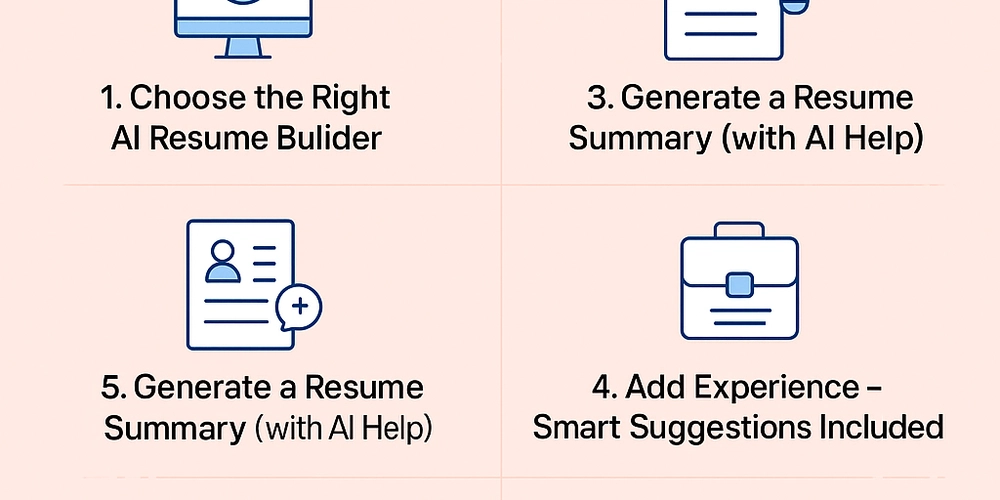




















































































![Rogue Company Elite tier list of best characters [April 2025]](https://media.pocketgamer.com/artwork/na-33136-1657102075/rogue-company-ios-android-tier-cover.jpg?#)








































































_Andreas_Prott_Alamy.jpg?width=1280&auto=webp&quality=80&disable=upscale#)




























































































![What’s new in Android’s April 2025 Google System Updates [U: 4/18]](https://i0.wp.com/9to5google.com/wp-content/uploads/sites/4/2025/01/google-play-services-3.jpg?resize=1200%2C628&quality=82&strip=all&ssl=1)










![Apple Watch Series 10 Back On Sale for $299! [Lowest Price Ever]](https://www.iclarified.com/images/news/96657/96657/96657-640.jpg)
![EU Postpones Apple App Store Fines Amid Tariff Negotiations [Report]](https://www.iclarified.com/images/news/97068/97068/97068-640.jpg)
![Apple Slips to Fifth in China's Smartphone Market with 9% Decline [Report]](https://www.iclarified.com/images/news/97065/97065/97065-640.jpg)
































































































































